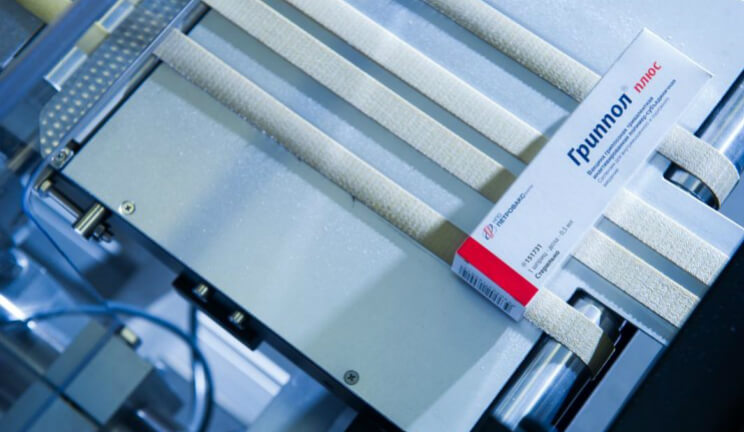
Pharmaceutical manufacture localization issues discussed at The Moscow Times conference
Petrovax Pharm Chief Legal Officer Dmitry Shiskin participated in the conference «Manufacture localization issues in the pharmaceutical industry» hosted by The Moscow Times on June 30 in Moscow.
The event that involved experts from the core ministries focused on examples of successful pharmaceutical construction projects as well as pressing issues of import substitution and production localization such as state support of the companies localizing their manufacturing functions in Russia, funding infrastructural projects, and prospects of signing
Petrovax Pharm shared its experience of participation in international projects associated with
Dmitry Shiskin, speaking at the session «Development of local manufacturing capacities. Facilitation of import substituting manufacture development», cited examples of immunobiological production localization, analyzed problems and possible solutions in this area, presented business partnership arrangements, and remarked on advantages and disadvantages of each partnership type.
«Our company has been operating on the pharma market for about 20 years, and has a vast experience of localization of


